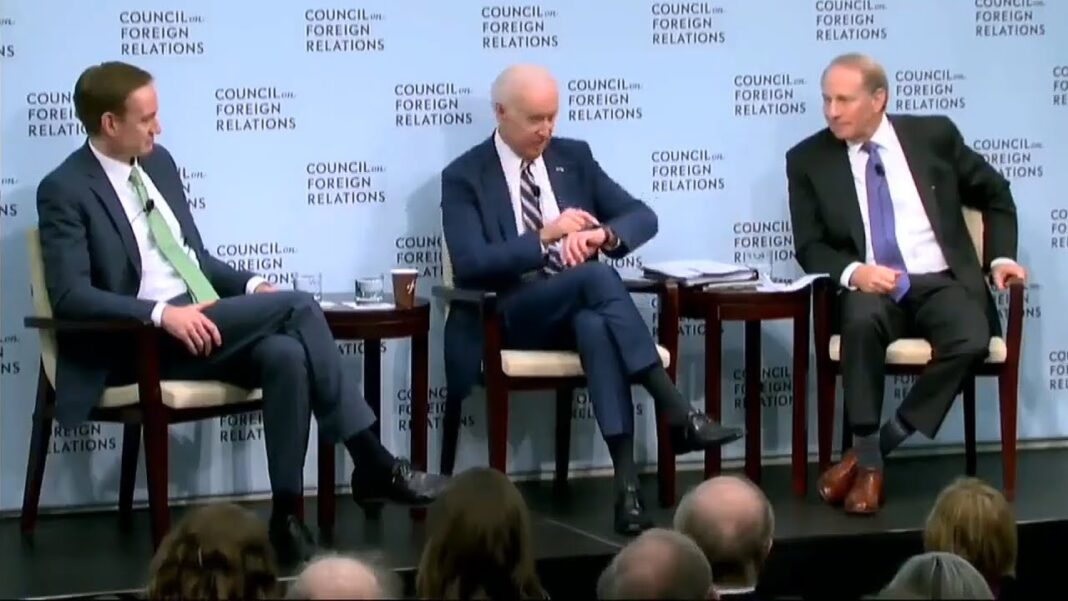The judges found no precedent in granting this type of request.
A federal appeals court on Dec. 13 denied TikTok’s request to delay the Jan. 19, 2025, deadline for it to cut ties with the Chinese communist regime, shortly after the app filed its final argument for a delay.
In an unsigned, expedited order, the three-judge panel denied the request and found there was no precedent for granting this type of request.
TikTok, its parent company ByteDance, and a group of TikTok users had challenged the Protecting Americans from Foreign Adversary Controlled Applications Act (PAFACA) that went into effect in April, arguing the law was unconstitutional on First Amendment grounds. PAFACA forbids apps that operate in the United States from being owned by a foreign adversary. ByteDance argues that it is effectively a ban because the Chinese regime will not allow the sale of TikTok and its proprietary algorithm.
The U.S. Circuit Court of Appeals for the District of Columbia last week denied the petitioners’ challenge, finding the law did not violate the First Amendment. The Justice Department, representing the government, argued that the law targeted ownership of an entity by a foreign adversary, not content on the app.
When President Joe Biden signed the law in April, it started a 270-day countdown for ByteDance to either divest of TikTok by Jan. 19, 2025, or cease operations in the United States.
TikTok then requested the court pause the countdown while it seeks appeal at the U.S. Supreme Court. The DOJ had opposed the delay, arguing three branches of government had already affirmed that TikTok presented a national security risk.
“The petitioners have not identified any case in which a court, after rejecting a constitutional challenge to an Act of Congress, has enjoined the Act from going into effect while review is sought in the Supreme Court,” the order reads.
The judges found that TikTok and the petitioners relied on First Amendment arguments that the court had already rejected in order to make their case for an extension.
“As to those claims, this court has already unanimously concluded the Act satisfies the requirements of the First Amendment under heightened scrutiny,” the order reads.
By Catherine Yang and Sam Dorman






